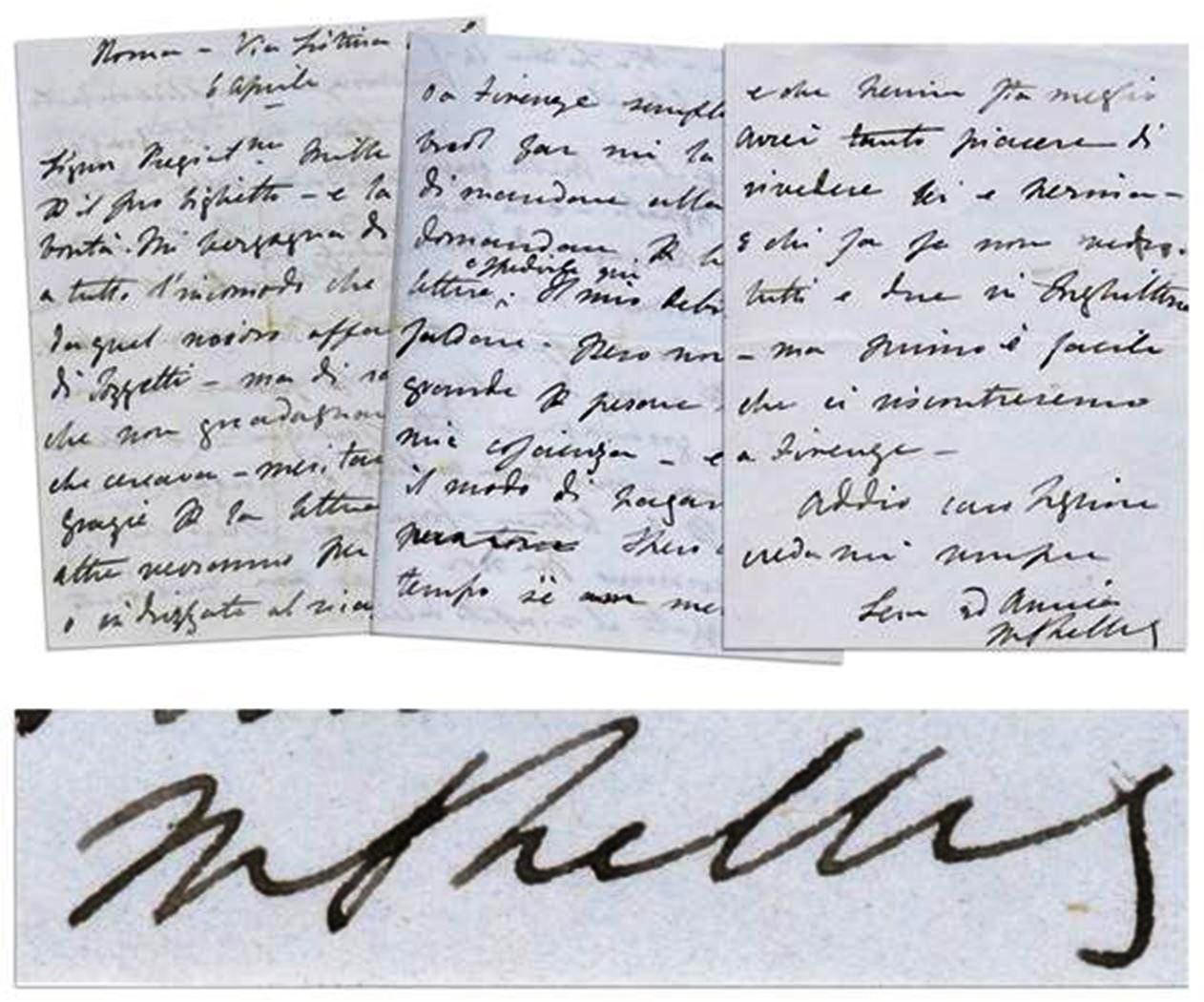Hand Writing as a Connection to the Real
How do we know what we see, hear, or read is real in the digital imaginary?
We tend to think that our modern technologies as pure boon, innovations that come with with no cost. We are promised win-wins, and to be fair, the advances are often dazzling. But in the dazzle (which means to be temporarily blinded) what do we miss? In the exchange of email and texts for letters we gain speed. But we do not think of what is lost or what the costs are for abandoning handwritten notes and letters.
With each digital inroad we become severed from the real.
The advances in Artificial Intelligence are eye-popping and impressive. But as any working teacher will tell you, everything that comes to you through a computer is gameable and automatically suspect. There is no “signature” or “marker of authenticity” that can’t be counterfeited. If you want to cheat you can, and our ability to detect the fake has already been defeated. In this sense, AI is victorious. The real lost.
A friend of mine passed away earlier this year and I can’t tell you how precious it is to find something handwritten by him. There’s something about the fact that HE wrote it in THAT chicken scratch, and he wrote it TO me. I’ll never get another one from him, and how many of these little notes did I casually throw away? I long to remember him and holding a piece of paper he touched keeps me connected. We call these “keepsakes”.
With the obvious benefits of word processors we may forget how so much of our communication and memory storage has become detached from our physical lives. As an unrepentant note taker, I have samples of my writing all over the place. My kids razz me often over my “nerd notes” that I keep with me all the time, jotting down ideas as they pop in my head throughout the day. They must be captured. When I die, my family will have quite an assortment of half-baked ideas and notations and observations to laugh and sort through. Perhaps I could transfer these to my Notes app, but there’s something about capturing an idea fresh from inspiration. I remember them on the page, somehow. It exists in a space in a way a file on my computer or phone does not.
So in that regard I’m a real pen and paper guy. But I can’t remember the last time I sat down and wrote a letter. Like most of you, I send emails throughout the day as part of my job. And for friends, I don’t even really do that. We text, or call, or occasionally write an email. The upsides are obvious: no postage stamp or cost, no time lag, no friction. Just pure message.
But what about letters? Is an email just an electronic letter? Or is something else not accounted for? Is something missing?
In class today we are reading Frankenstein. In the multiple layers of the story, Victor receives a letter from his cousin Elizabeth. This scenario is being retold by Victor to his new friend Robert, a captain on a ship headed to the North Pole, a man seeking adventure and glory, who is in turn writing his own letter and account to his sister in England through which he is telling this impossible tale. Letters upon letters upon letters. We have to be reminded of the very physicality of the thing, the object, the effects. At one point he notes to his sister that he is dutifully writing down this narrative and sending them to her, but there will be a time lag, and the letters may survive this quest, even if he does not. Writing it down for Robert is to somehow make this fantastical horror story real.
So in this letter from Elizabeth I read aloud this morning to my class, she frets over not hearing from him in well over a year, but really she is just letting him know what is going on in her world. She remarks that she has “written [herself] into good spirits.” At the end she begs him to send her a handwritten letter:
Clerval always writes that you are getting better; I eagerly hope that you will confirm this intelligence soon in your own hand-writing; for indeed, indeed, Victor, we are all very miserable on this account.
I must admit that I have ignored this little detail each of the previous 7 times I have taught the novel. But I noticed it today, and it struck me. I’ve learned to pay attention to these little moments in class when something I was not prepared to talk about suddenly makes itself conspicuous. Perhaps these are promptings of the spirit. But today I asked myself “why?”…why does she want more than just the information. Why does she want or need it in his hand?
Keep reading with a 7-day free trial
Subscribe to The Underneath to keep reading this post and get 7 days of free access to the full post archives.





